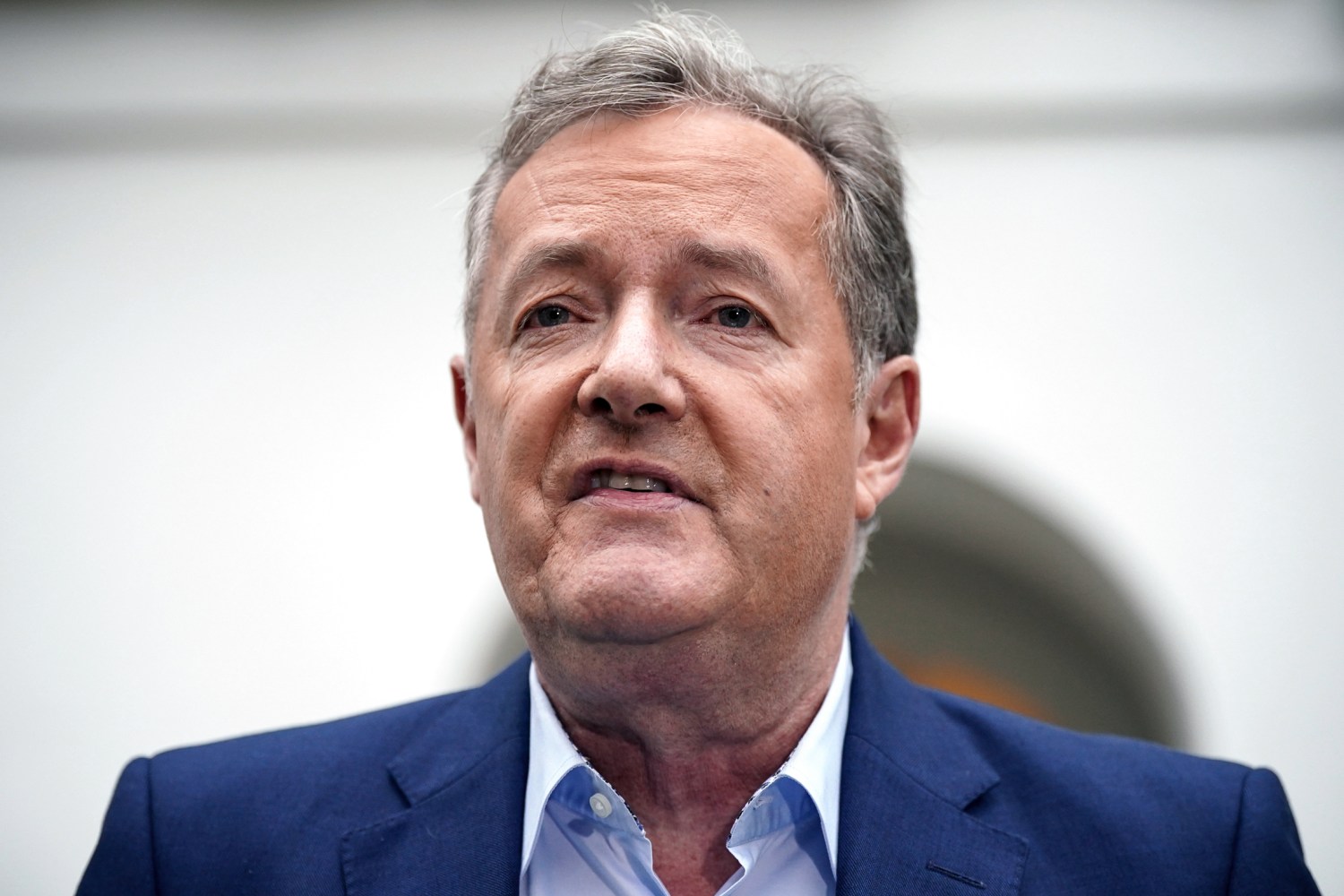In recent headlines, Piers Morgan has sparked a debate by harshly criticizing Oprah Winfrey over her weight loss journey, accusing her of misleading her millions of fans. His sharp comments focus on Oprah’s decision to use a weight loss drug, semaglutide, popularly known as Ozempic. Once hailed as a strong opponent of medication for weight management, Oprah has now openly embraced this drug, revealing that she uses it as part of her health routine. This shift in her stance has stirred a significant conversation about the pressures of public image, health, and authenticity.

Morgan’s critique highlights Oprah’s long-standing role as an ambassador for Weight Watchers (now known as WW), a company she joined in 2015. For nearly a decade, Oprah had shared her personal weight loss journey with the public, helping to boost the company’s profile. However, her recent disclosure about using weight loss medication has cast doubts on her credibility as a spokesperson for traditional weight management methods, causing a rift among her fans and observers. Many are left questioning whether Oprah’s message about natural health and fitness is still consistent, or if she has succumbed to the quick-fix mentality she once criticized.
Morgan’s remarks go beyond her weight loss approach; he even questions Oprah’s stories of facing racism, sexism, and hardship, suggesting that her life as a powerful woman in Hollywood complicates her narrative. This commentary has reignited long-standing discussions about Oprah’s complex public persona, balancing her immense success with the hardships she claims to have faced.

At the same time, Oprah has made significant changes to her professional commitments, stepping down from the WW board as the company struggles in the face of growing competition from weight loss drugs like Ozempic. The rise of these medications marks a shift in the weight loss industry, pushing traditional companies like WW to adapt rapidly. Despite leaving the board, Oprah has promised to continue collaborating with WW, particularly in elevating conversations about obesity as a chronic condition.
Oprah’s departure comes at a challenging time for WW, which recently reported financial struggles, including a significant net loss. The company’s acquisition of the digital health platform Sequence is an attempt to remain competitive, offering members a blend of behavioral support and access to popular weight loss medications.
While Oprah’s legacy with WW may be ending, her impact on the weight loss conversation continues, as fans, critics, and the public watch her navigate this evolving space.